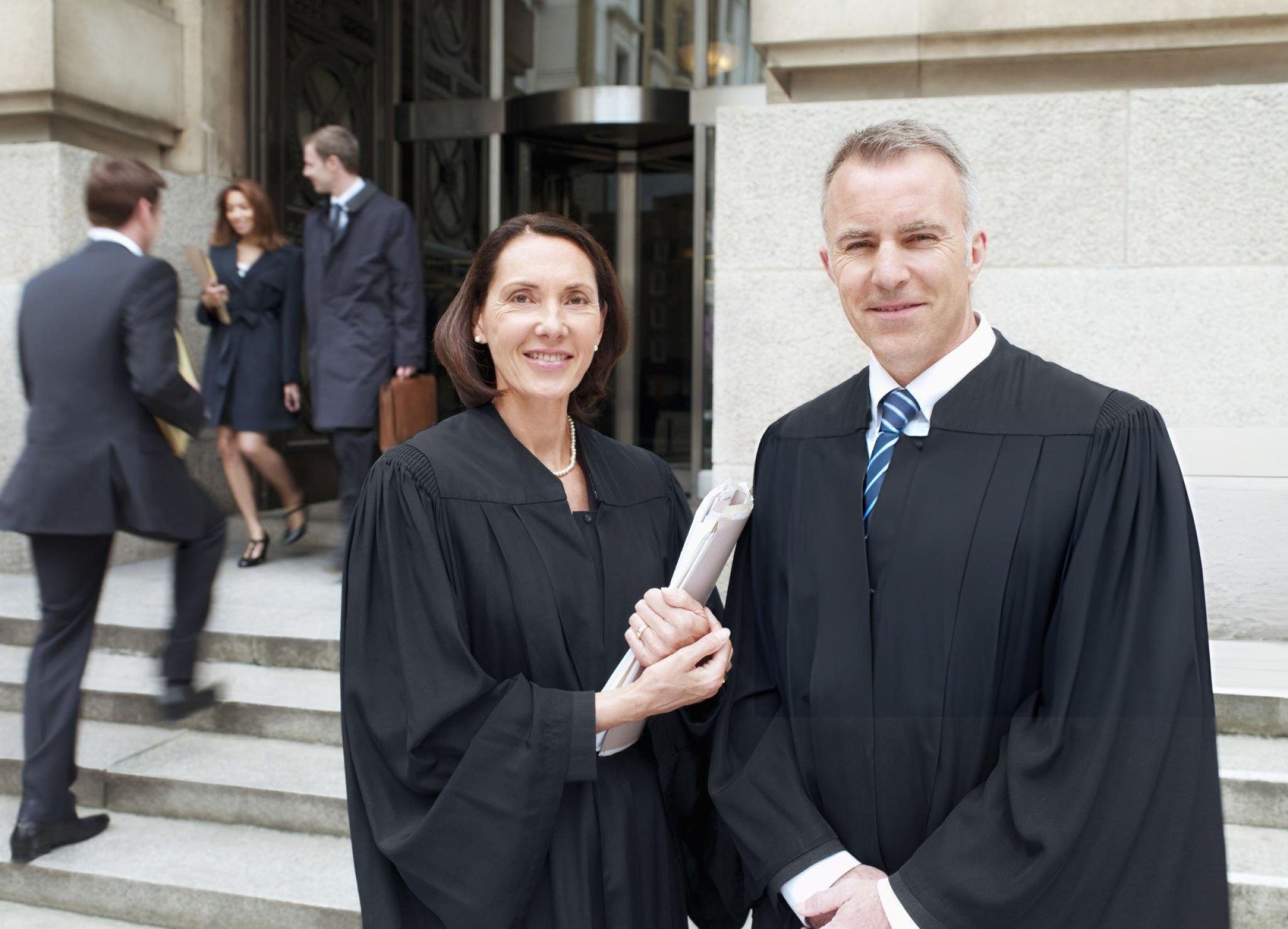Defending The Defenders: The Imperative Of Fair Representation In Law
In the annals of legal history, the role of lawyers has been both celebrated and vilified. However, the bedrock of any functional legal system is the unwavering principle that every individual, regardless of their side in a dispute, deserves representation. To castigate lawyers for appearing for any particular side undermines the very essence of justice. This article explores the critical importance of fair legal representation and defends the defenders of the law.
Historical Foundations of Fair Representation
The Magna Carta of 1215 and the Universal Declaration of Human Rights (UDHR) of 1948 stand as monumental pillars in the quest for justice. The Magna Carta, often hailed as the cornerstone of modern democracy, underscores the right to a fair trial. It asserts that no free man shall be imprisoned or stripped of his rights except by the lawful judgment of his peers or by the law of the land. Similarly, Article 11 of the UDHR states that “everyone charged with a penal offense has the right to be presumed innocent until proven guilty according to law in a public trial at which they have had all the guarantees necessary for their defense.” These historic documents, echoed in Articles 14 and 21 of the Constitution of India, emphasize the importance of legal representation. Demonizing lawyers for defending any side contravenes these age-old principles, as every person deserves the right to a defense, and lawyers are the conduits through which this right is actualized.
The Importance of Hearing All Parties
Courts thrive on the principle of adversarial justice, where all parties are given a fair hearing. This mechanism ensures that judges have a comprehensive understanding before reaching a verdict. Relating this to Daniel Kahneman’s theory on bias and fast thinking, it becomes evident that judges, like all humans, are susceptible to cognitive shortcuts, or “System 1” thinking. By ensuring that all parties are heard and that all facets of a case are thoroughly examined, courts can mitigate the influence of biases and promote more reflective and unbiased judgments. This adherence to comprehensive hearing aligns with judicial prudence and reinforces the integrity of the legal process. Moreover, the media’s portrayal of cases often skews public perception, making it essential for judges to hear all sides to reach an impartial verdict.
Accountability Through Court Mechanisms
Courts play a pivotal role in holding governments accountable by scrutinizing governmental actions to ensure they align with constitutional and legal standards. For courts to deliver accurate judgments, they must consider all sides, including the government’s version of events. Castigating lawyers for representing the government or any other party undermines the court’s ability to hold those in power accountable. Lawyers serve as the voice of their clients, and their representation is crucial for a balanced and fair judicial process. Public perception often simplifies judicial processes into binaries, ignoring the complexity and the necessity of hearing all sides to ensure justice.
The Indelible Record of Higher Courts
The High Court and Supreme Court are courts of record, with their judgments etched in history and serving as precedents for future cases. Their rulings must be accurate and just, as any errors can have far-reaching consequences. The Supreme Court has reiterated that “public opinion may also run counter to the rule of law and constitutionalism” (Santosh Kumar Satishbhushan Bariyar v. State of Maharashtra, 2009). To maintain their dignity and uphold the rule of law, these courts must ensure that all sides are given a fair hearing. Lawyers play a critical role in this process, and criticizing them for their choice of clients hampers the courts’ ability to deliver just and equitable rulings.
Condemnation of Misguided Public Outrage
Recent social media backlash against lawyers, such as criticisms of Mr. Sibal’s appearance for the West Bengal Government and the vilification of his legal team, are unacceptable. Such conduct interferes with the administration of justice and amounts to criminal contempt. Historical instances, like the backlash against Judge Nyaya Bindu for granting bail to Kejriwal, highlight the dangers of public scorn influencing the judiciary. Public outrage against lawyers for representing certain clients is not only misguided but also detrimental to the justice system, creating an environment of fear and intimidation that discourages lawyers from taking up vital cases.
The Cab Rank Rule and Professional Duty
The Cab Rank Rule is a fundamental principle in legal ethics, stipulating that lawyers must accept any case within their expertise, provided they are available. This rule ensures that everyone has access to legal representation, regardless of their circumstances. In Australia, this rule is a relevant quality for designation as Senior Counsel (Indira Jaising v. Supreme Court of India, 2017). The Cab Rank Rule underscores the limited discretion lawyers have in choosing their clients, much like doctors cannot refuse patients based on personal prejudices. Criticizing lawyers for fulfilling this duty is unjust and undermines the very fabric of legal ethics.
Duty to Defend Under Difficult Circumstances
Lawyers, including law officers, often defend governments in contentious cases involving serious allegations. Despite moral dilemmas, lawyers must provide robust defenses, reflecting their commitment to justice and the rule of law. Historical examples, such as Nathuram Godse and Ajmal Kasab, demonstrate the importance of providing every individual with a fair trial, irrespective of the heinousness of their crimes. This principle ensures that the legal system remains impartial and just.
Conclusion
The integrity of the legal system hinges on the principle of fair representation. Lawyers, as defenders of this principle, ensure that justice is served by upholding the rights of all parties involved. Condemning lawyers for their choice of clients not only undermines the rule of law but also threatens the very foundations of a democratic society. It is imperative for the judiciary and society at large to recognize and uphold the importance of legal representation for all, irrespective of the side they represent. Only then can the legal system maintain its integrity and continue to deliver justice impartially.






